In Sierra Leone, long-term lease contracts of large-scale agricultural investors are often closed to the public and unsuspecting small-scale farmers suddenly lose access to their fields. In 2013 and 2014, Green Scenery with support of Welthungerhilfe empowered communities, State and non-State actors to deal with large-scale land leases and the social impacts of investments in order to increase transparent and participatory governance in relation to the right to and the management of land.
The huge interest of foreign investors in land came as a surprise for the majority of the people in Sierra Leone. Often land for investment was taken without fully informing and consulting the landowners and users. Therefore, this project aimed at achieving more transparency and participation in land deals in the country. As one important step on the way, Green Scenery collected and published information on large-scale land leases and social impacts of the investments.
Access to land is of enormous importance in Sierra Leone, where 70% of the population works in agriculture. For the greater part of Sierra Leoneans, land remains the most valuable resource, with two-thirds involved in subsistence farming. Sierra Leone’s population depends heavily on land for food and income. Taking into account the principles of the Right to Food, only the access to arable land will allow marginalized groups a self-determined life.
Green Scenery realized various activities to create awareness raising and to empower community people to demand free, prior and informed consent and their full participation in land deals.
This project was co funded by Green Scenery’s development partners: the German Federal Ministry for Economic Cooperation and Development (BMZ) and the two Non-Governmental-Organizations Welthungerhilfe and IBIS.
_______________________________
Project duration: 2013-2015
Donor partner: BMZ through Welthungerhilfe and IBIS



